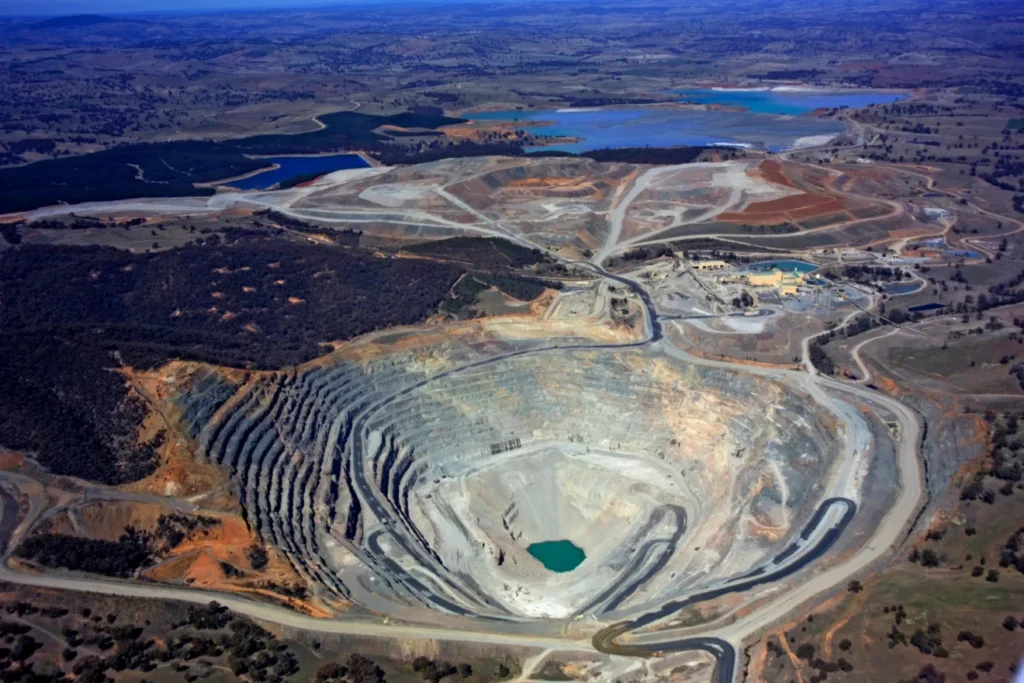Businesses and Financial Institutions use ENCORE for TNFD nature-related financial disclosures away from nature-negative outcomes. Currently, there are 4,000 registered ENCORE users.
Image: Climate Action 100+
ENCORE (Exploring Natural Capital Opportunities, Risks and Exposure) is a free, online tool that helps organisations explore their exposure to nature-related risk and take the first steps to understand their dependencies and impacts on nature.
The Taskforce on Nature-related Financial Disclosures (TNFD) has developed a set of disclosure recommendations and guidance that encourage and enable business and finance to assess, report and act on their nature-related dependencies, impacts, risks and opportunities.
In April 2024, the International Sustainability Standards Board (ISSB) announced the commencement work on nature-related issues drawing on the recommendations of the TNFD, as a global baseline for sustainability reporting following the release of its IFRS S1 and IFRS S2 sustainability reporting standards in 2023.
ENCORE and TNFD supports a shift in global financial flows away from nature-negative outcomes and toward nature-positive outcomes, aligned with the Global Biodiversity Framework.
Launched in 2018, ENCORE is a collaboration between Global Canopy, the UNEP Finance Initiative and the UN Environment Programme World Conservation Monitoring Centre (UNEP-WCMC) which is a global centre of excellence on biodiversity and nature’s contribution to society and the economy.
From the latest 2024 updates, businesses and financial institutions now have an opportunity to gain an even greater understanding of their vital relationships with nature, following a major update to ENCORE, a leading UN-backed tool for screening risks to natural capital. The new enhancements are underpinned by the latest scientific research and driven by feedback from ENCORE users that are leading the way on the assessment of nature-related risks – and is now frequently referenced by the TNFD, Science Based Targets Network, Global Reporting Initiative and other corporate assessment and disclosure frameworks as a leading tool for business reporting.
The expert technical research behind the knowledge base update revealed more than 10,000 links between economic activities and ecosystem services, and economic activities and pressures.
A sample of improvements include:
- The list of ecosystem services is now better aligned with the categorisation proposed by the UN’s System of Environmental Economic Accounting – Ecosystem Accounting. Cultural Ecosystem Services – such as recreation, aesthetic appeal, education, and spiritual, artistic and symbolic services – which were previously not included in ENCORE, have been added.
- All data on impacts and dependencies of economic activities have been updated based on the latest scientific research, industry expert reviews and grey literature, such as company sustainability reports, organisations’ websites and industry news.
- Improved methodology of the materiality ratings (which indicate how significant potential dependencies are, and how much pressure economic activities have on nature) to enable comparisons across economic activities and sectors. Where possible, these materiality ratings draw on quantitative indicators.
- New information has been added on key value chain links covering two tiers of suppliers and two tiers of consumers for each economic activity, enabling users to see their indirect nature-related impacts and dependencies.
More about ENCORE HERE+
More about TNFD HERE+












